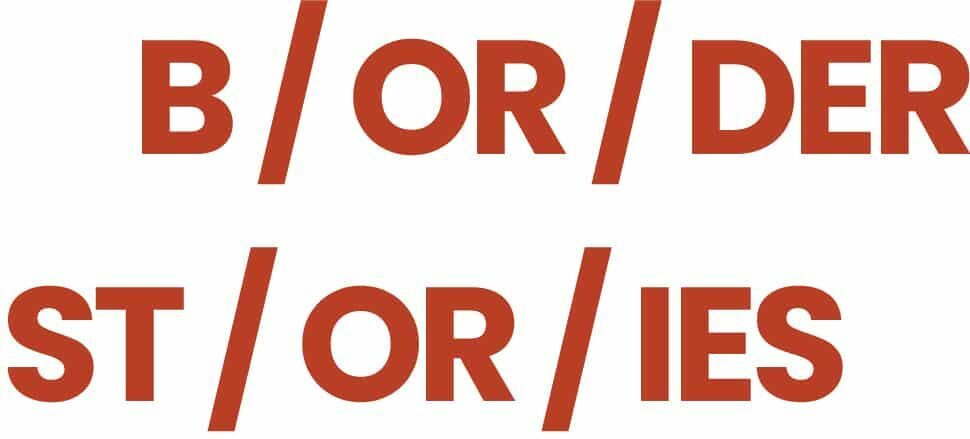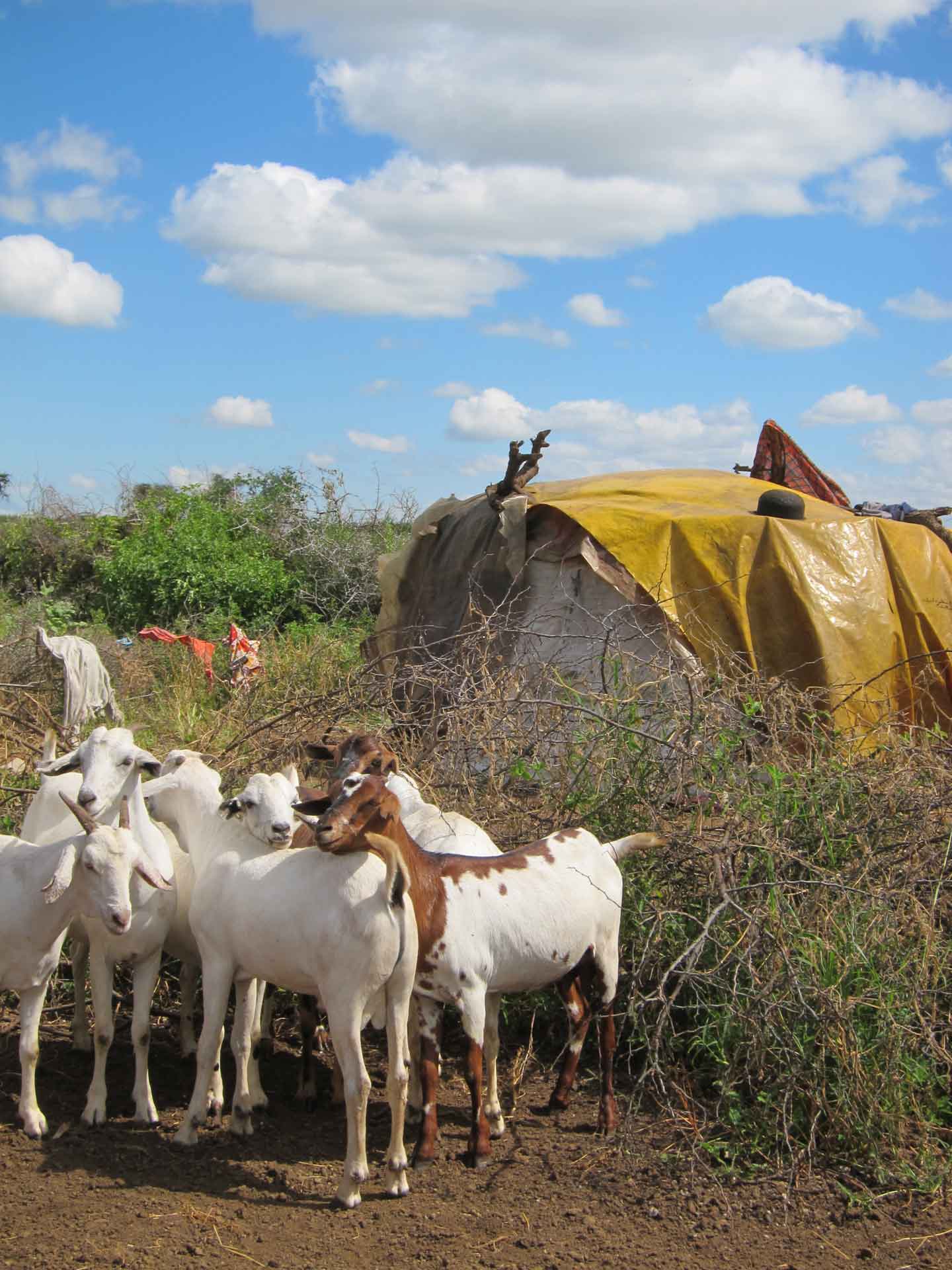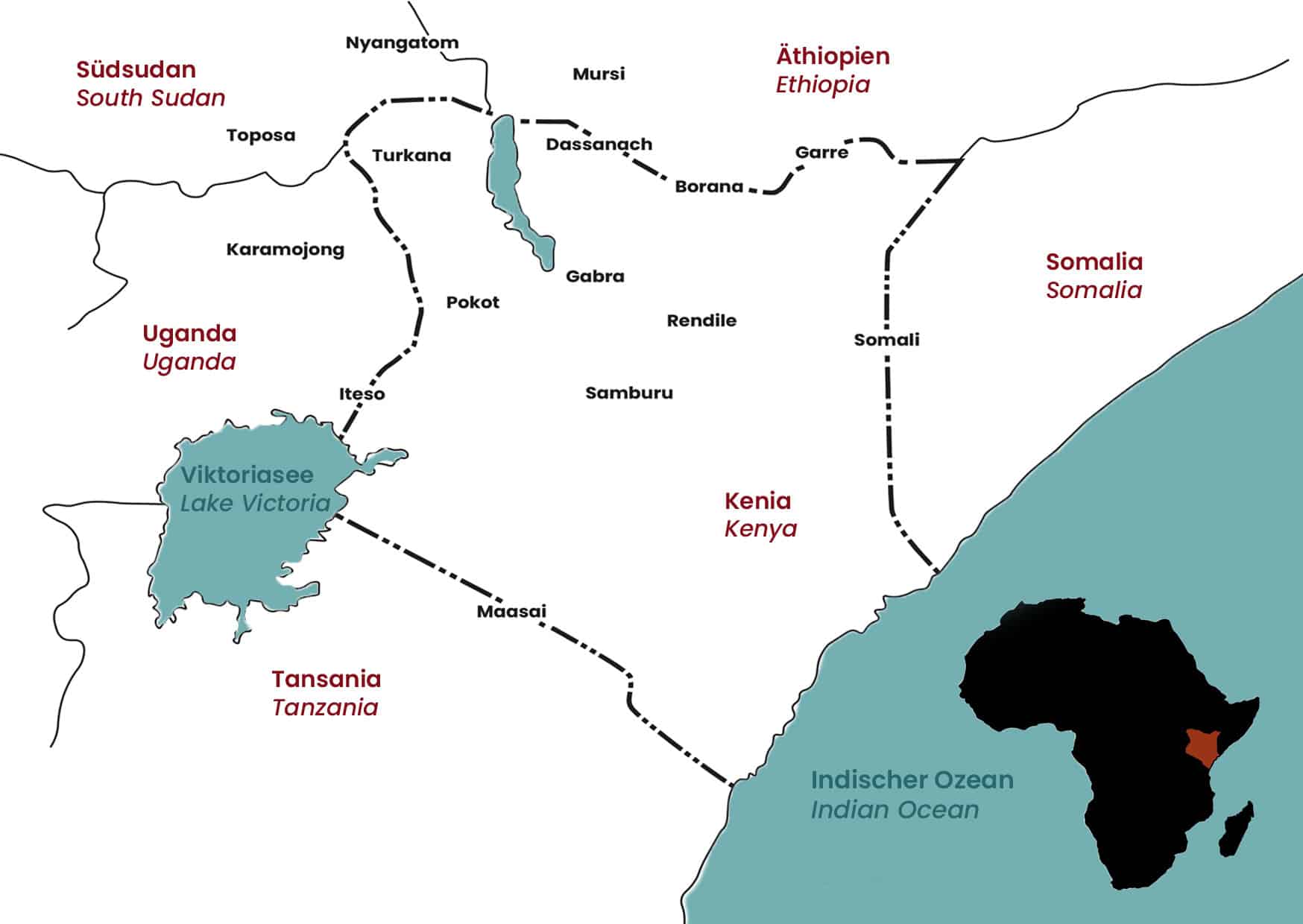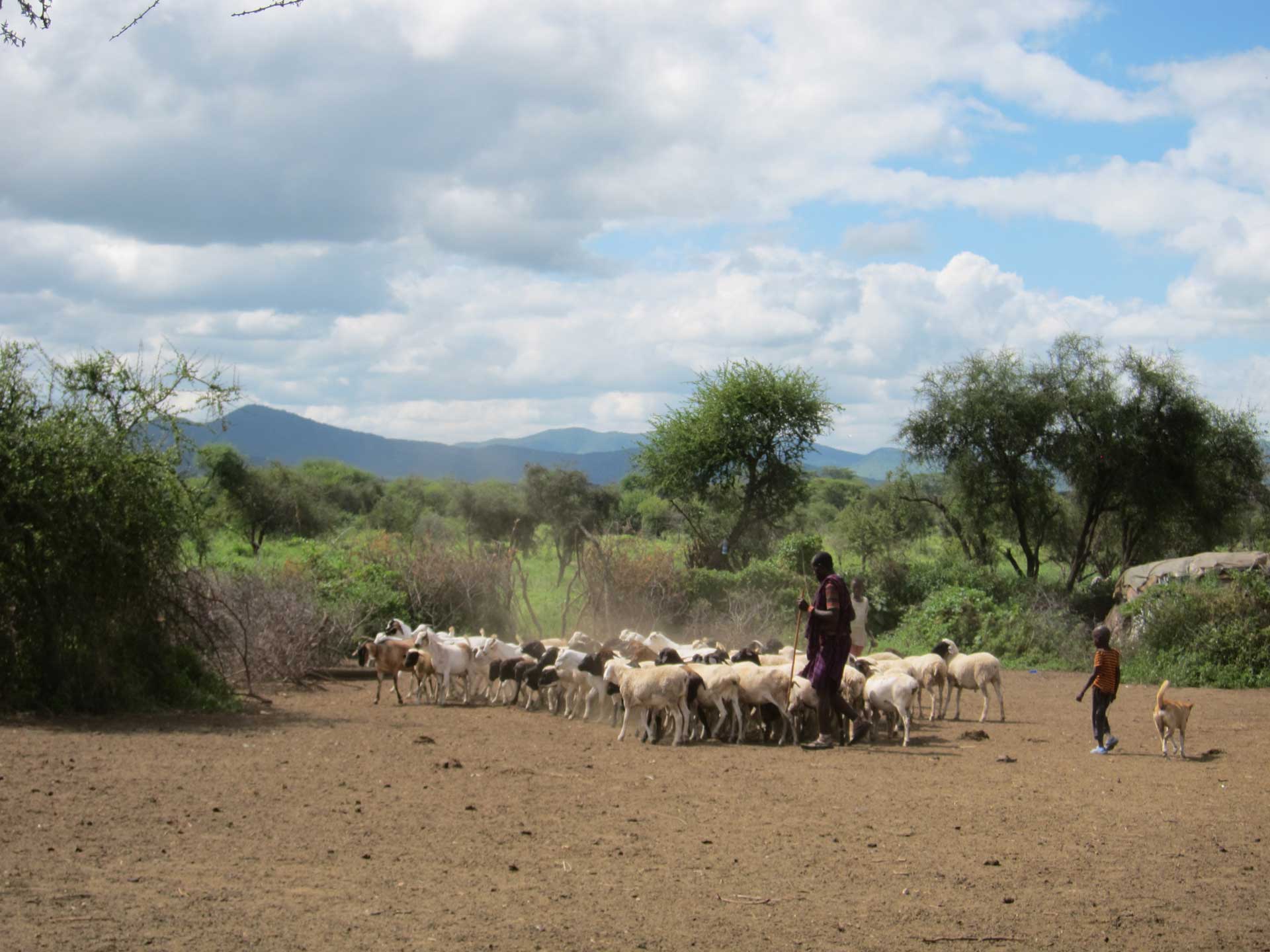Borders and mobile societies
Station OR / Colonialism and borders
The Turkana people on the border between Kenya and South Sudan are considered one of the most mobile societies in the world. Their nomadic, mobile lifestyle emerged as a flexible adaptation strategy to a climatically harsh environment. In search of water and grazing land, people in other parts of the world as well move across national borders with their cattle. Another mobile group in East Africa are the Maasai, who are separated today by the Tanzanian-Kenyan border. Nevertheless, the border region is perceived by the local population as “Maasailand”. There is still lively social and economic exchange, and the grazing lands and cattle markets are flexibly used by the group in both states.
However, since nomads escape state control through these constant movements, state undertakings to “settle down” mobile people can be observed again and again throughout history and all over the world. This includes the confiscation of animals, the basis of survival for these communities, or forced settlement in villages. Such measures do not only affect shepherds and mobile pastoralists, but also other travelling populations or homeless people.
"We are like brothers. Only the border separates us. But we are the same."



